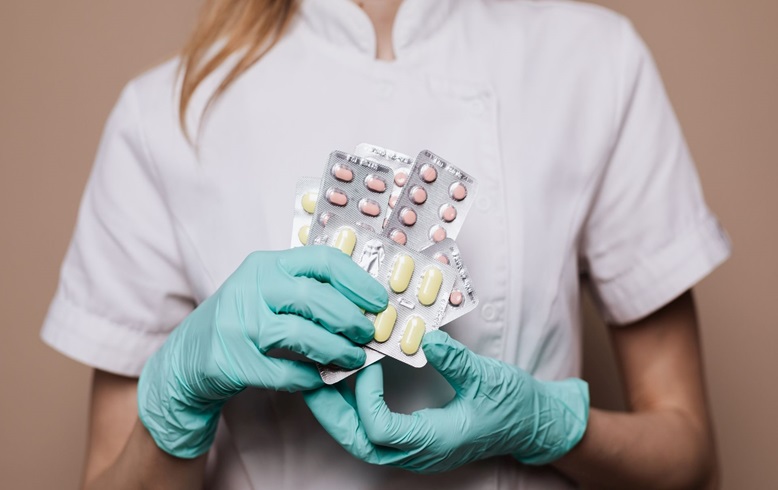It’s important to take note of which medications you should avoid after gastric sleeve surgery. This is because some medications that are typically safe for the general population can be dangerous for patients who have undergone this procedure. If you’ve had gastric sleeve surgery and you’re taking any medication not on the list below, inform your doctor immediately so they can provide guidance.
The following is a list of common drugs that may cause problems if taken by someone who has had gastric sleeve surgery:
1. Narcotics
Prior to your gastric sleeve surgery, you will be evaluated for pain and given a prescription for post-operative pain relief. Examples of common narcotics include hydrocodone and methadone, and these should not be taken after your procedure is complete as they will pass through the small stomach pouch. Long-term use of narcotics can increase your risk of developing complications after surgery.
2. Pain Relievers Containing NSAIDs (Aspirin, Ibuprofen, Naproxen)
The combination of opioids and pain relievers containing NSAIDs can lead to stomach ulcers, internal bleeding, and acute kidney injury. For this reason, it is best to avoid taking these medications in general. However, they are even more dangerous in the weeks after surgery when the risk of developing ulcers is highest due to reduced stomach acid production and blood flow to the intestines.
3. COX-2 Inhibitors (Celebrex)
Cox-2 inhibitors prevent pain by blocking certain enzymes responsible for inflammation. Since they do not affect pain in the way that other NSAIDs do, these medications are often prescribed to help prevent ulcers. Unfortunately, after surgery, COX-2 inhibitors should be avoided at all costs as they have been linked to acute kidney injury and kidney failure!
4. Tricyclic Antidepressants
Antidepressants are used to treat symptoms of depression, anxiety, bipolar disorder, obsessive-compulsive disorders, and sleeping problems. Tricyclic antidepressants increase the risk of developing blood clots caused by immobility after surgery.
5. Peppermint medications
Peppermint contains certain compounds that act as smooth muscles relaxants and can cause spasms in the intestine. GERD -like symptoms are common when peppermint medications are taken. Additionally, people who have undergone this surgery are more likely to form ulcers caused by the effects of spasm on healing tissue.
This may also interest you: Why You Get Hiccups After Gastric Sleeve Surgery
6. Steroids
Steroids such as Prednisone and Cortisone are used to treat autoimmune diseases, arthritis, asthma, and eye conditions. Increased steroid production has been linked to osteoporosis, hypertension, weight gain, and fluid retention. Since the long-term side effects caused by taking steroids can be dangerous after surgery, you should avoid taking them.
7. Antacids
Antacids are used to treat heartburn, indigestion, and acid reflux. It is important to avoid antacids after surgery due to their tendency to decrease the effectiveness of certain medications. Additionally, antacids can interfere with the absorption of necessary nutrients like calcium.
8. Benzodiazepines
Benzodiazepines such as Xanax, Valium, and Ativan are often used to help treat anxiety. Long-term use of benzodiazepines can lead to addiction or dependence on the medication. Additionally, they should be avoided after surgery because they increase the risk of ulcers and stomach bleeding.
9. Estrogen-Containing Medications
Estrogen is one of the female sex hormones. These medications are often used to treat menopause, ovarian cysts, and menstrual problems. The estrogen hormone can cause increased bleeding in your stomach after surgery which could be dangerous to your health.
Gastric sleeve surgery is an effective weight loss solution. It has helped thousands of people lose the weight they want to get rid of, but it does come with risks if you don’t take precautions.
The medications listed above are some examples that could lead to complications after the procedure and should be avoided if possible. If you have any questions or concerns about this list or anything else related, consult the surgeon post your Gastric Sleeve Surgery in Tijuana.











